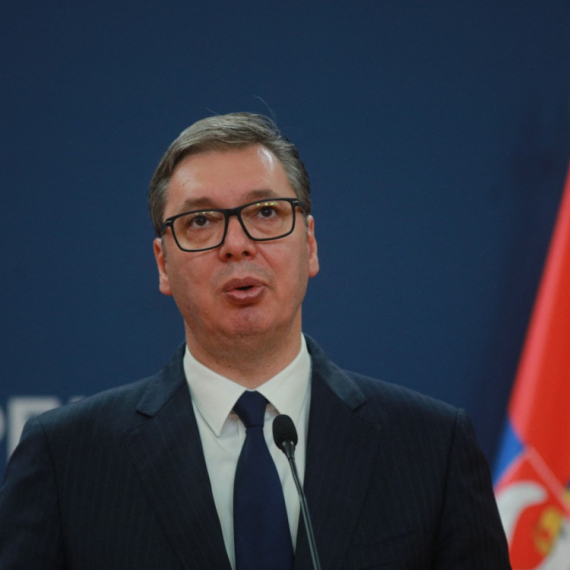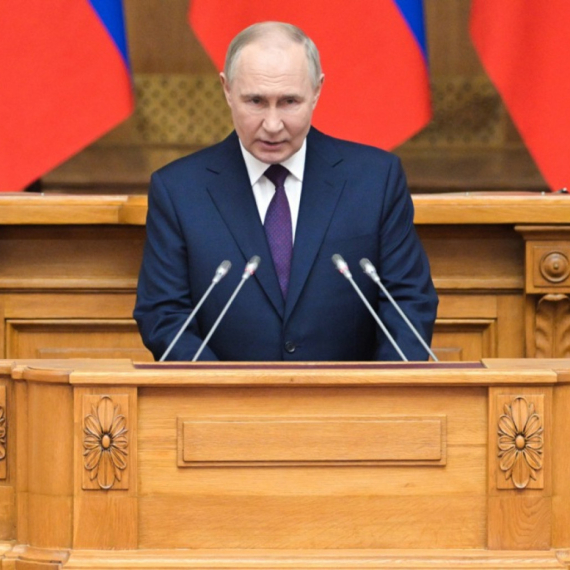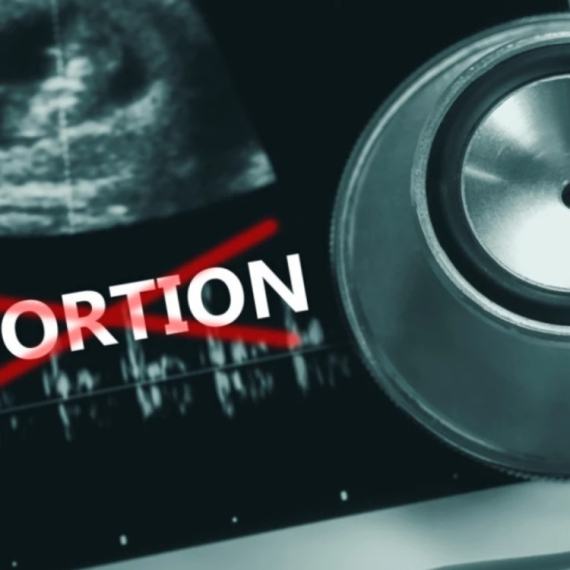Dinkić: Serbia, IMF strike loan deal
Minister of Economy Mlađan Dinkić said on Wednesday that agreement has been reached with the IMF on a EUR 3bn loan.
Wednesday, 25.03.2009.
10:17

Minister of Economy Mladjan Dinkic said on Wednesday that agreement has been reached with the IMF on a EUR 3bn loan. Serbia would borrow the money over two years – EUR 2.2bn in 2009. Dinkic: Serbia, IMF strike loan deal The agreement is expected to be made public on Thursday by the IMF and the Serbian government, he said, adding that the IMF has also promised to support for rescheduling the private sector debt. The agreement will help Serbia cope with the economic and financial crisis and encourage foreign investors, according to Dinkic. It was reported earlier today that raising income tax and cutting subsidies to local authorities are some of the measures the govt is considering to meet the IMF’s conditions for a new loan. Another idea to top up the budget is to raise VAT, which the government is trying to avoid, B92 understands. There are unconfirmed reports that the government is still toying with the idea of reducing pensions and public sector wages. The much vaunted “solidarity tax“, dubbed a Robin Hood system in public, where the rich are taxed higher to help the poor, will remain in the realms of fiction, it seems. Unofficially, it is believed that the government axed this idea when it was assessed to be insufficient to offset the shortfall in the budget, estimated at around EUR 1bn. Instead, different measures are being looked at. The key proposal is to raise the non-taxable salary band from RSD 5,000 (around EUR 60) to 12,000 (EUR 125), while, at the same time, raising taxation above this mark from the current 12 percent to 20 percent.
Dinkić: Serbia, IMF strike loan deal
The agreement is expected to be made public on Thursday by the IMF and the Serbian government, he said, adding that the IMF has also promised to support for rescheduling the private sector debt.The agreement will help Serbia cope with the economic and financial crisis and encourage foreign investors, according to Dinkić.
It was reported earlier today that raising income tax and cutting subsidies to local authorities are some of the measures the govt is considering to meet the IMF’s conditions for a new loan.
Another idea to top up the budget is to raise VAT, which the government is trying to avoid, B92 understands.
There are unconfirmed reports that the government is still toying with the idea of reducing pensions and public sector wages.
The much vaunted “solidarity tax“, dubbed a Robin Hood system in public, where the rich are taxed higher to help the poor, will remain in the realms of fiction, it seems.
Unofficially, it is believed that the government axed this idea when it was assessed to be insufficient to offset the shortfall in the budget, estimated at around EUR 1bn.
Instead, different measures are being looked at. The key proposal is to raise the non-taxable salary band from RSD 5,000 (around EUR 60) to 12,000 (EUR 125), while, at the same time, raising taxation above this mark from the current 12 percent to 20 percent.





















































Komentari 9
Pogledaj komentare